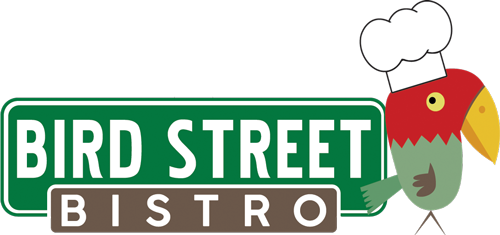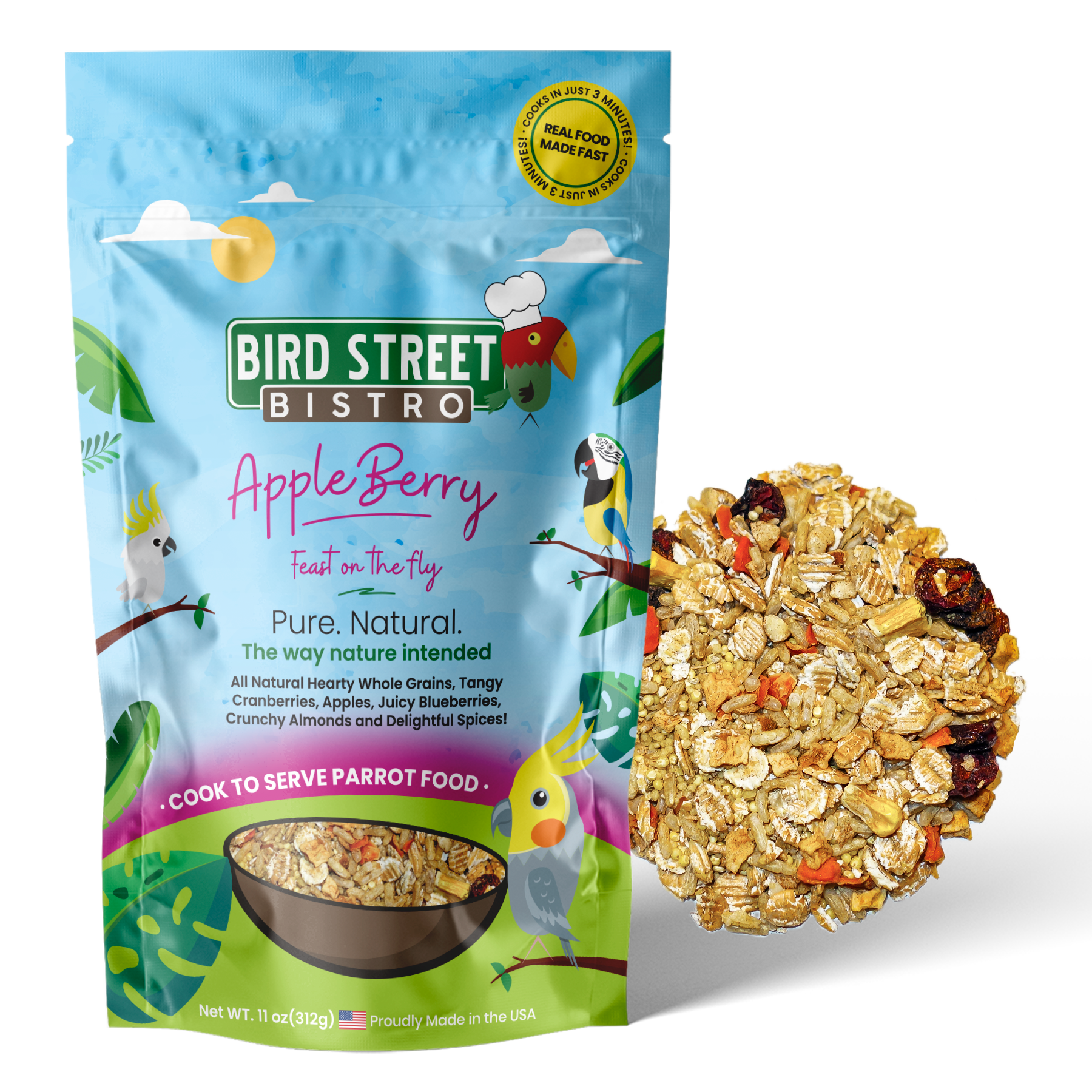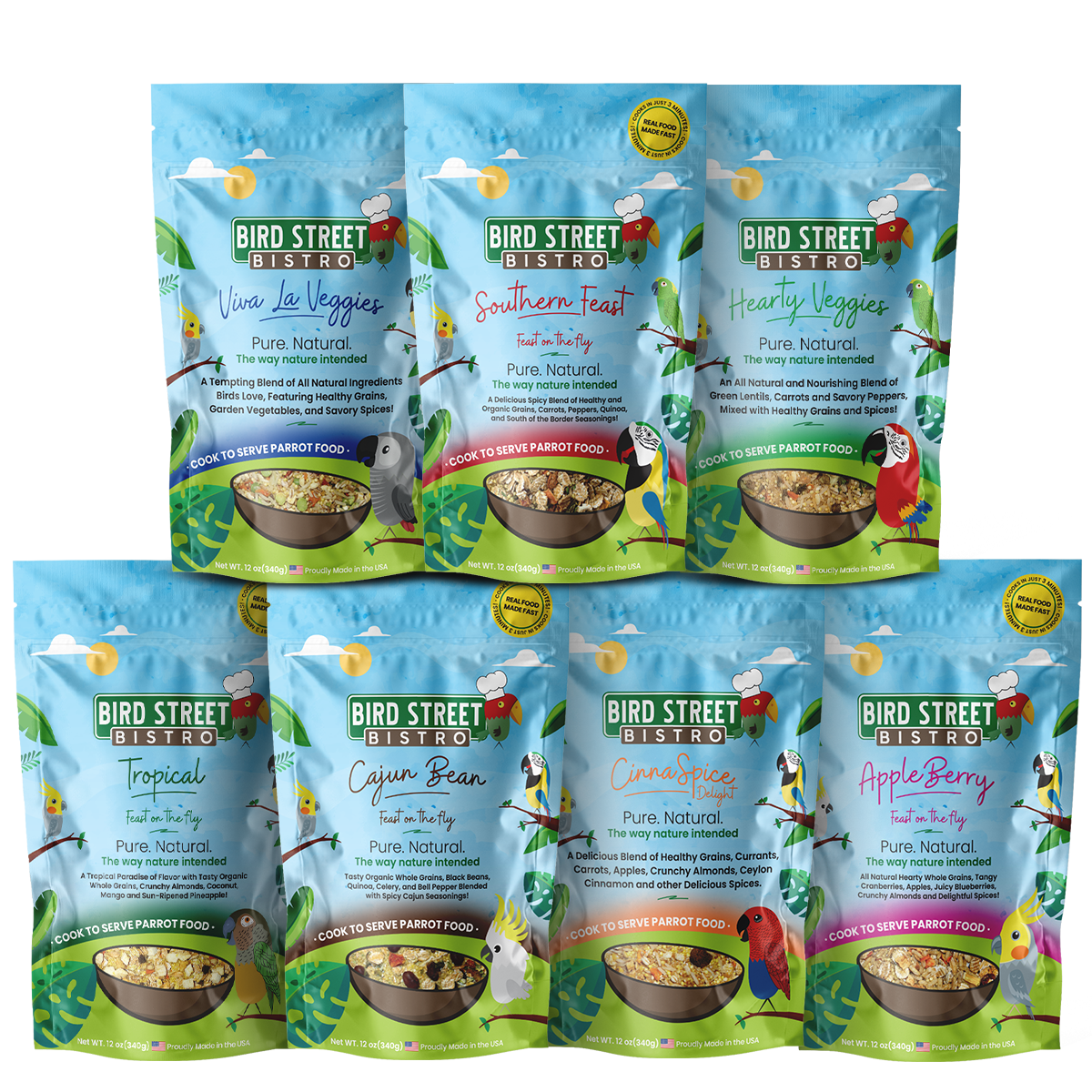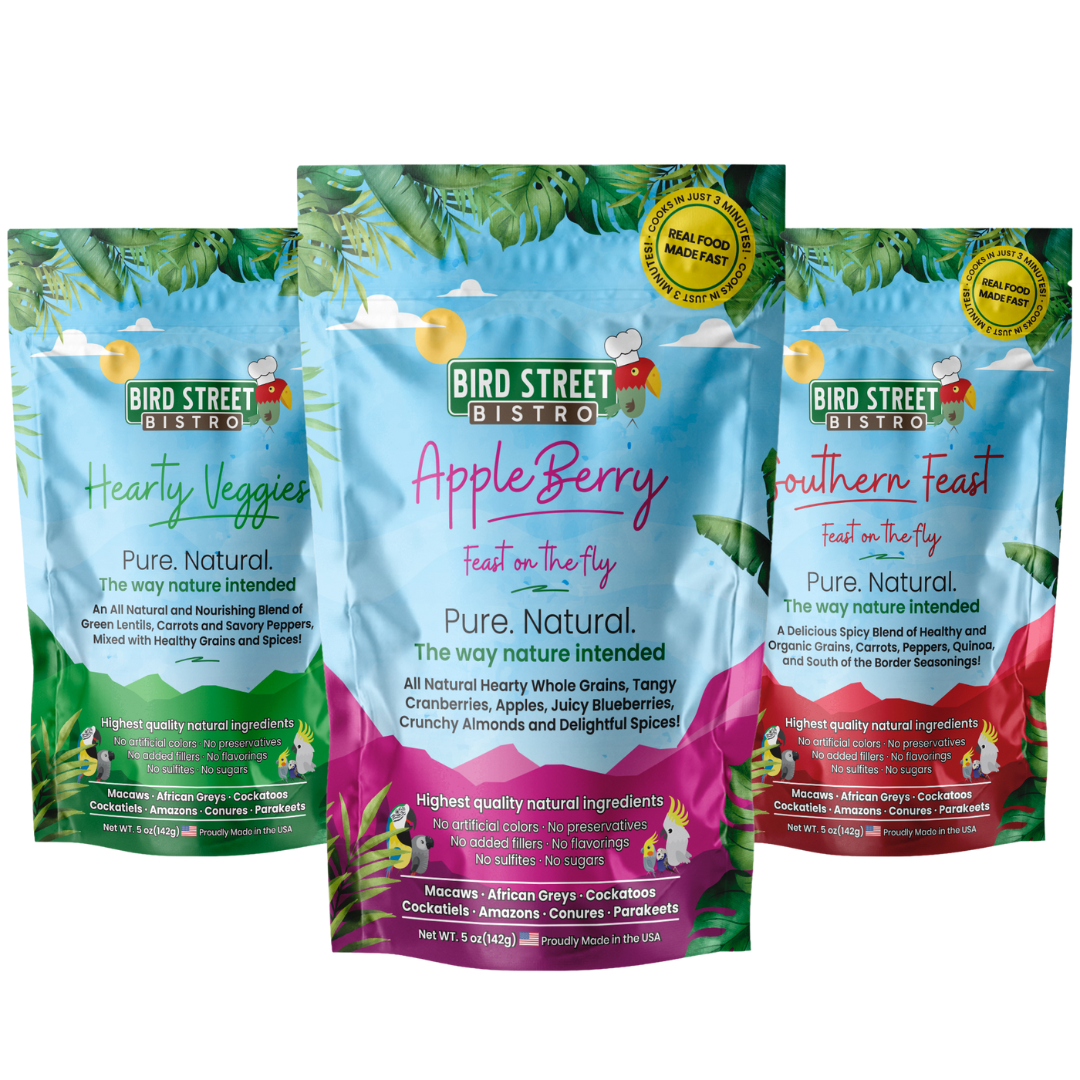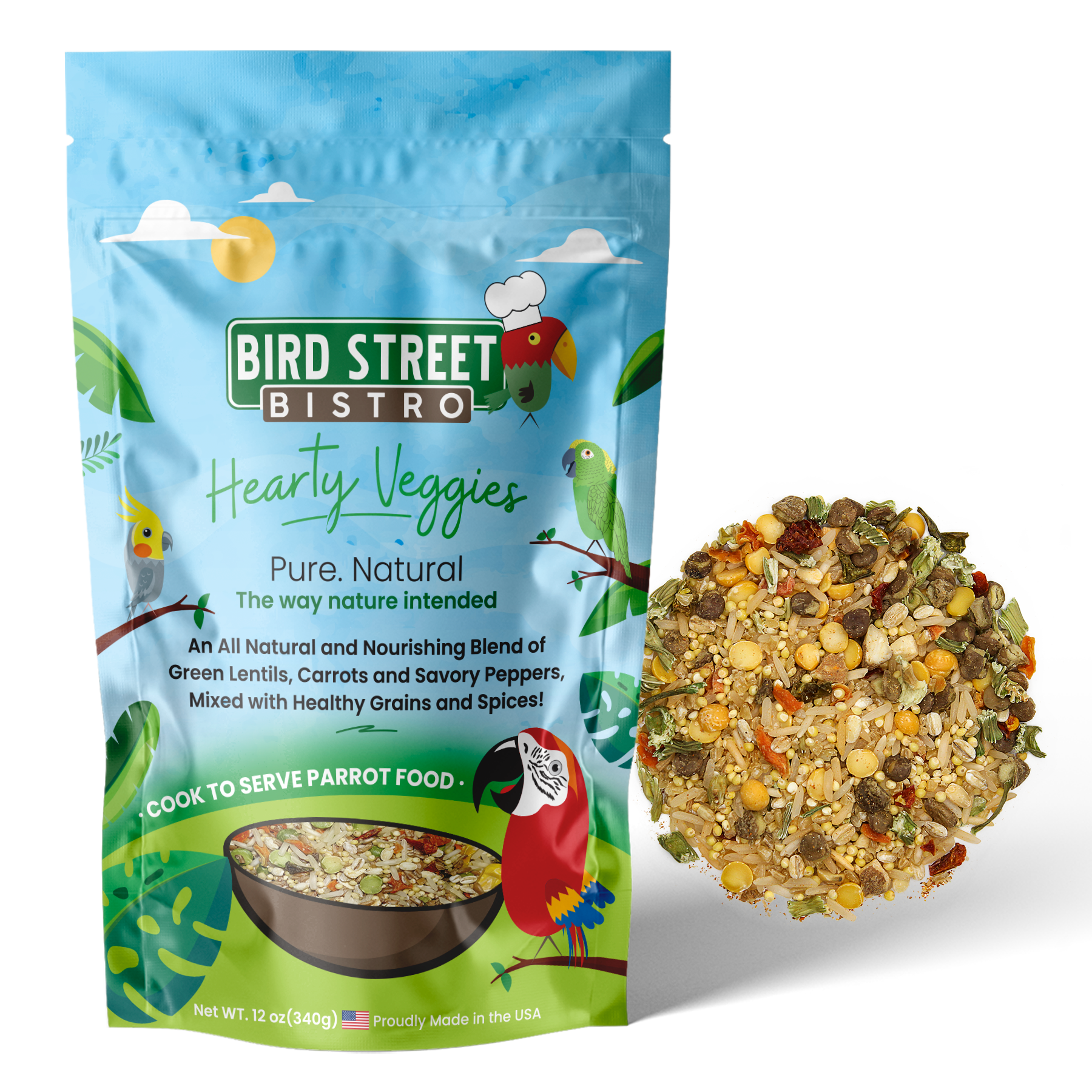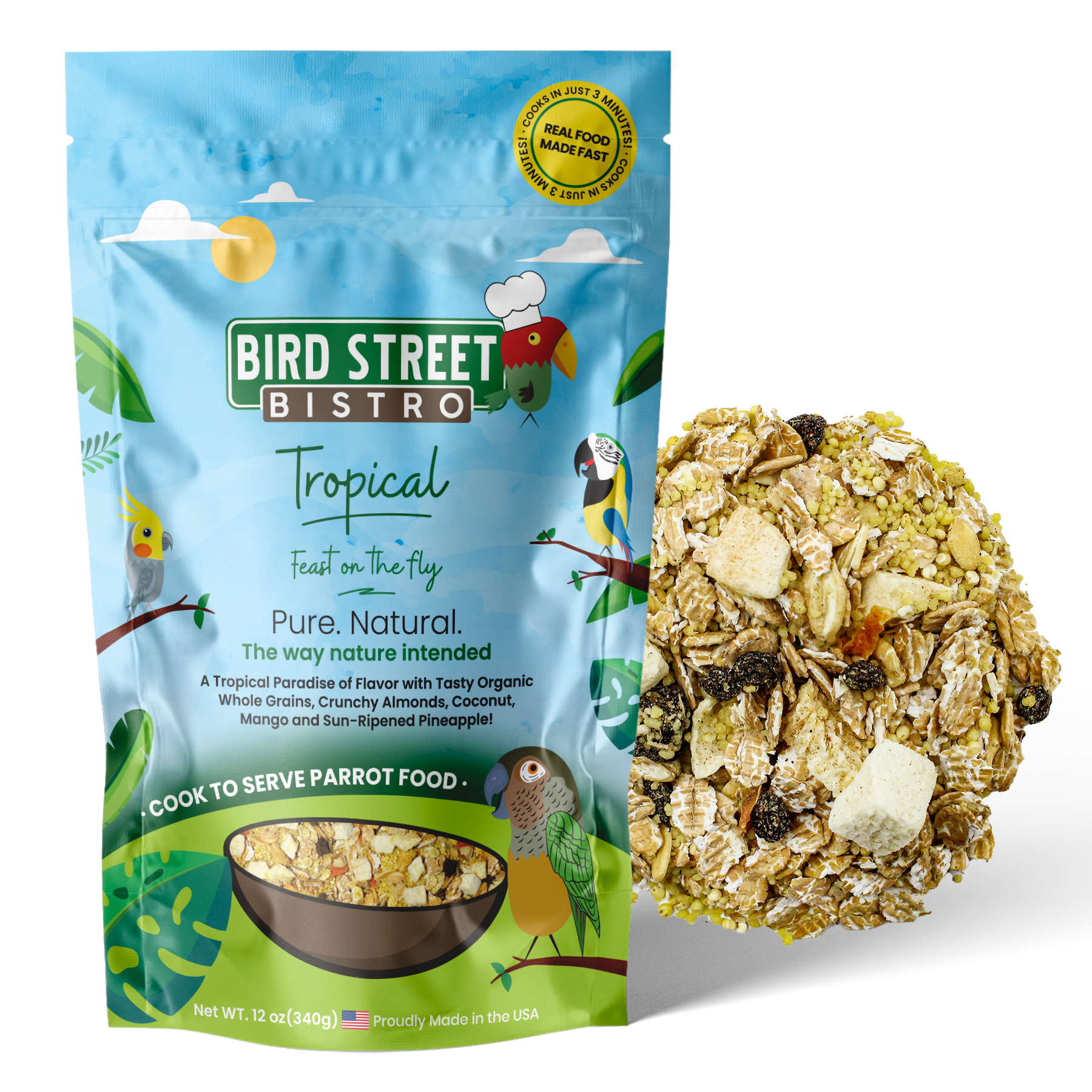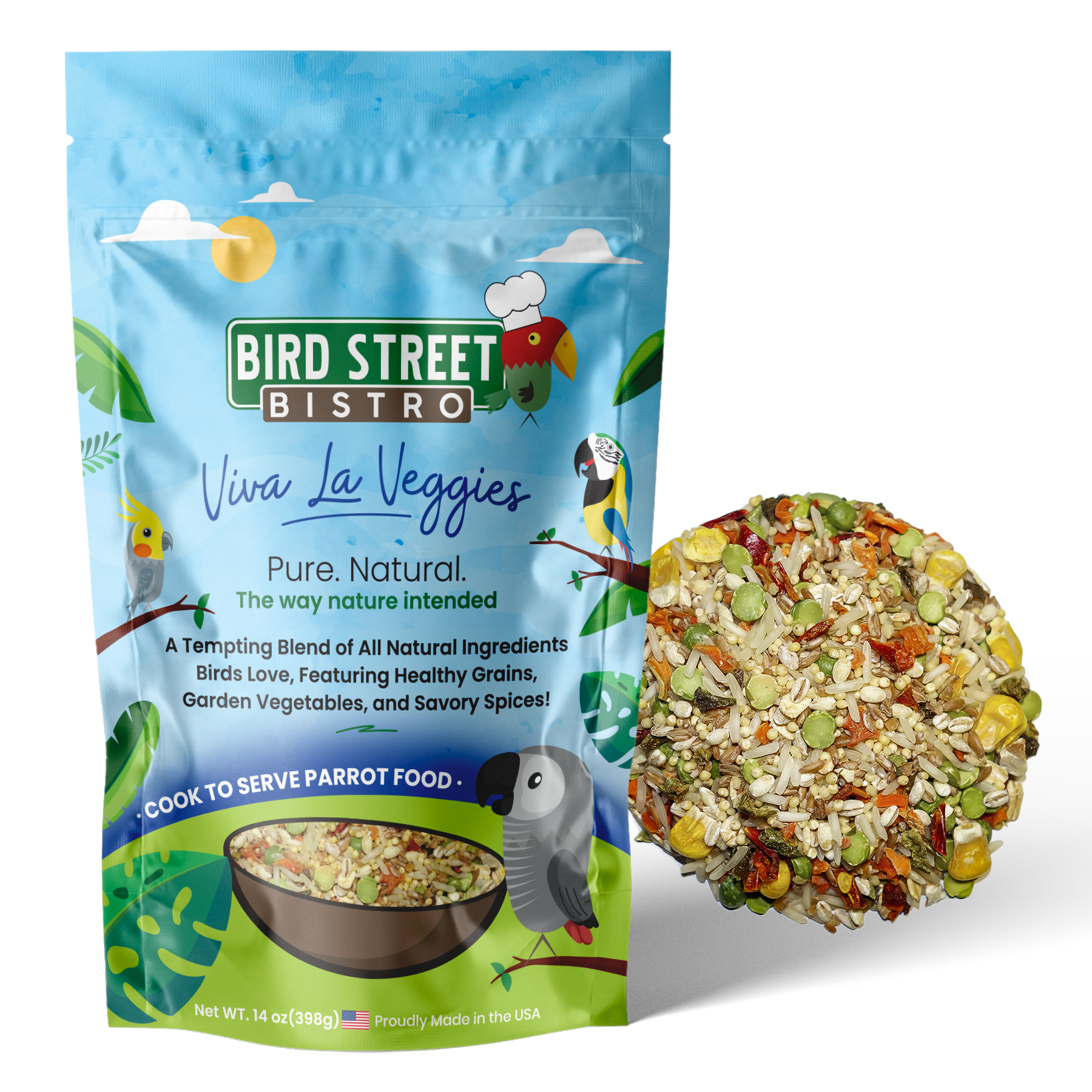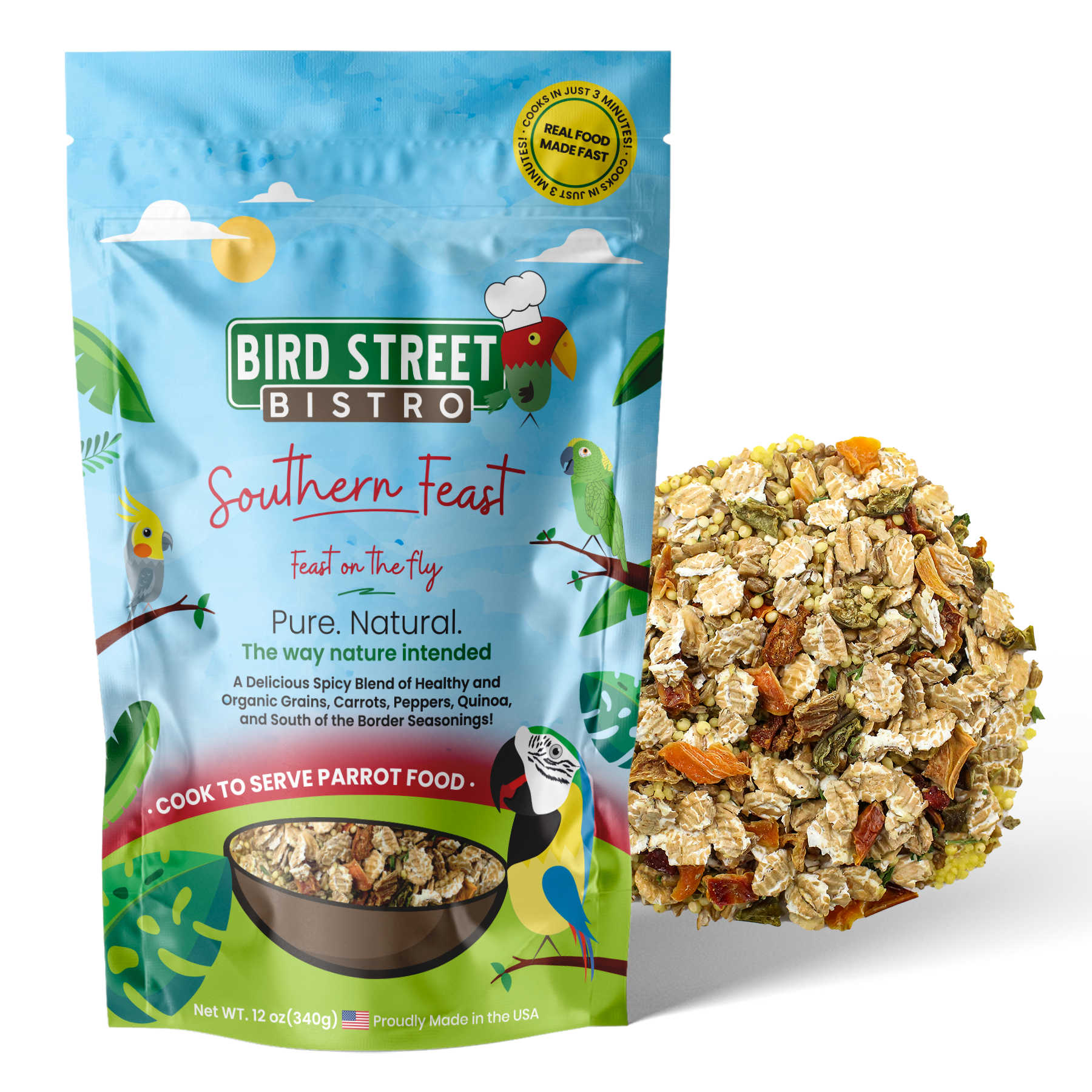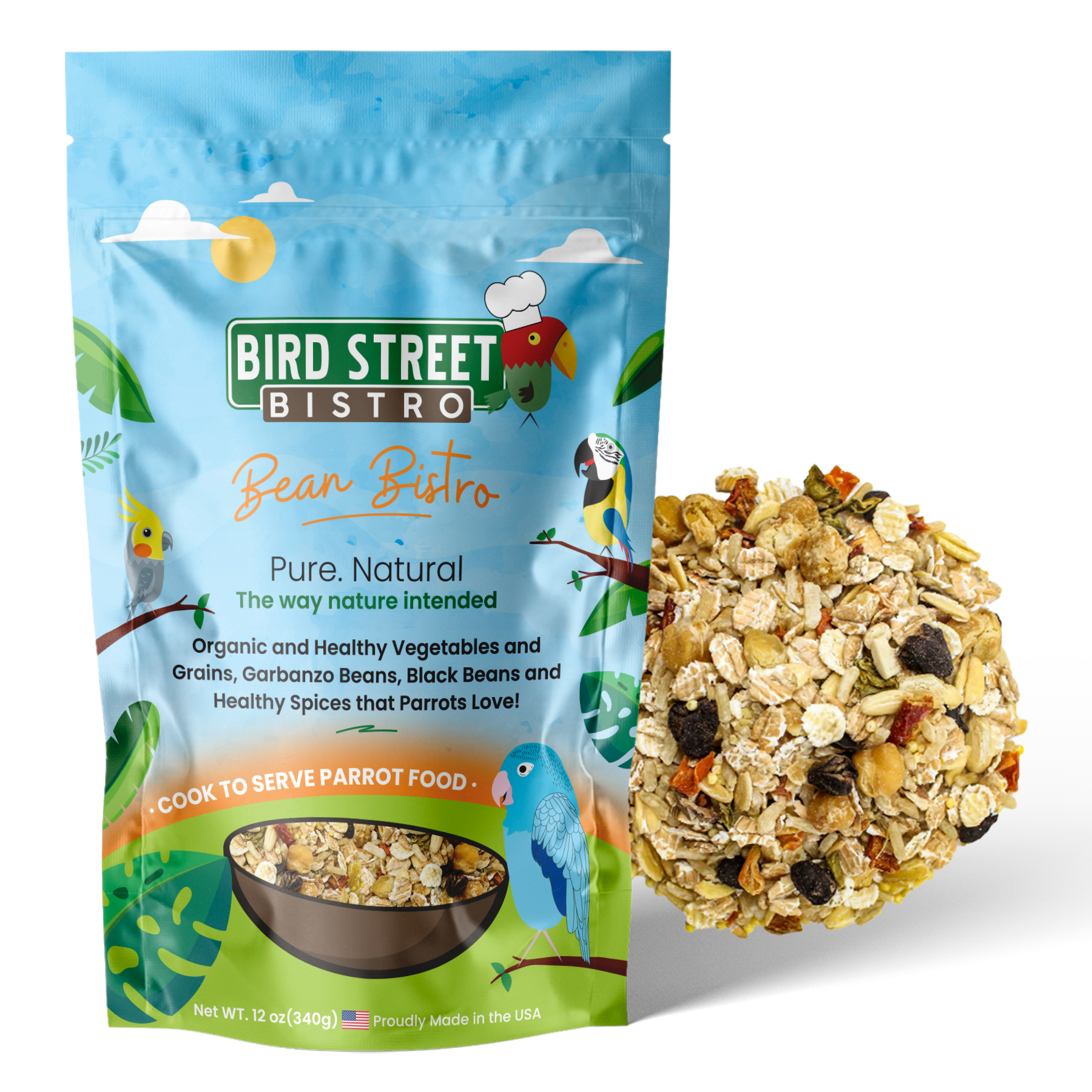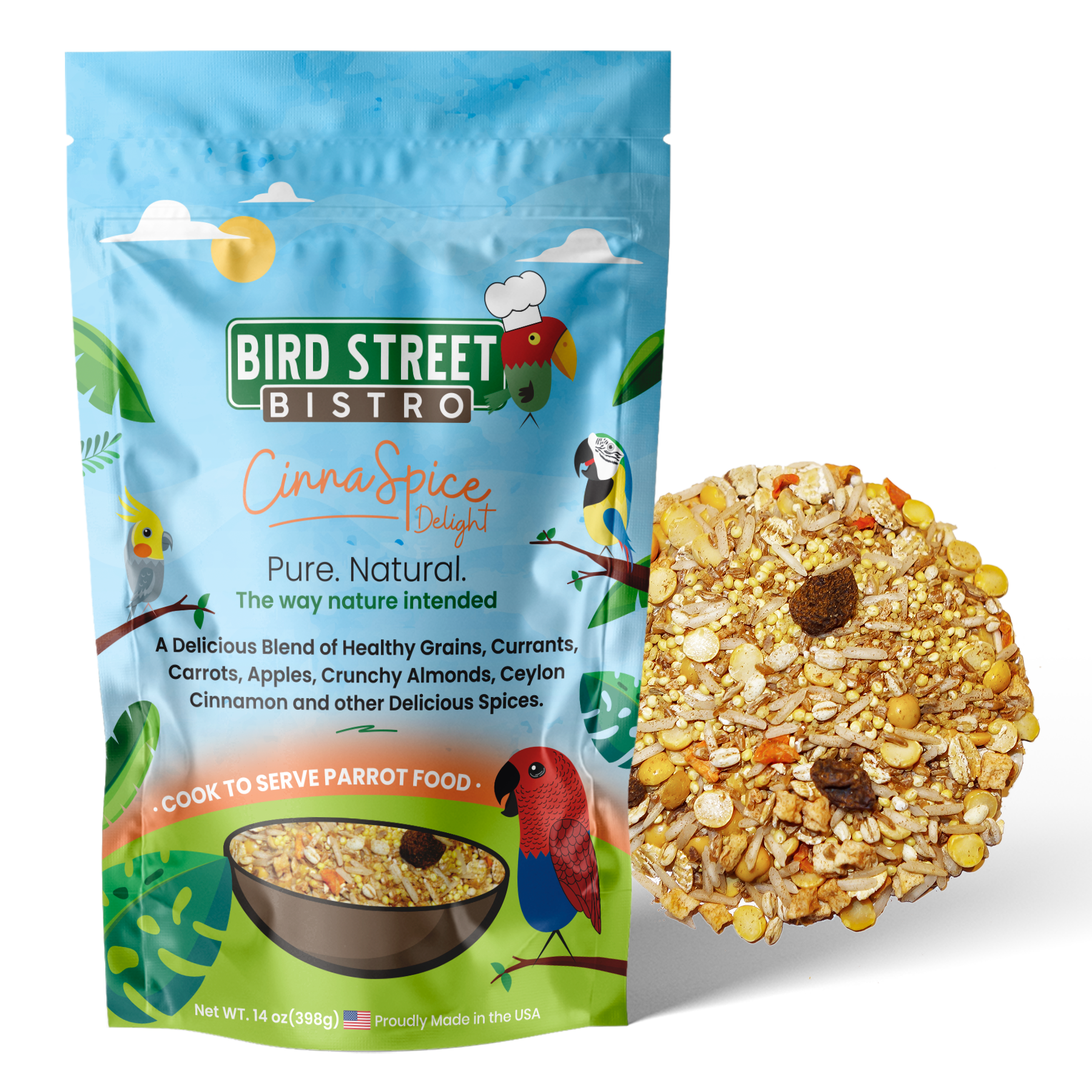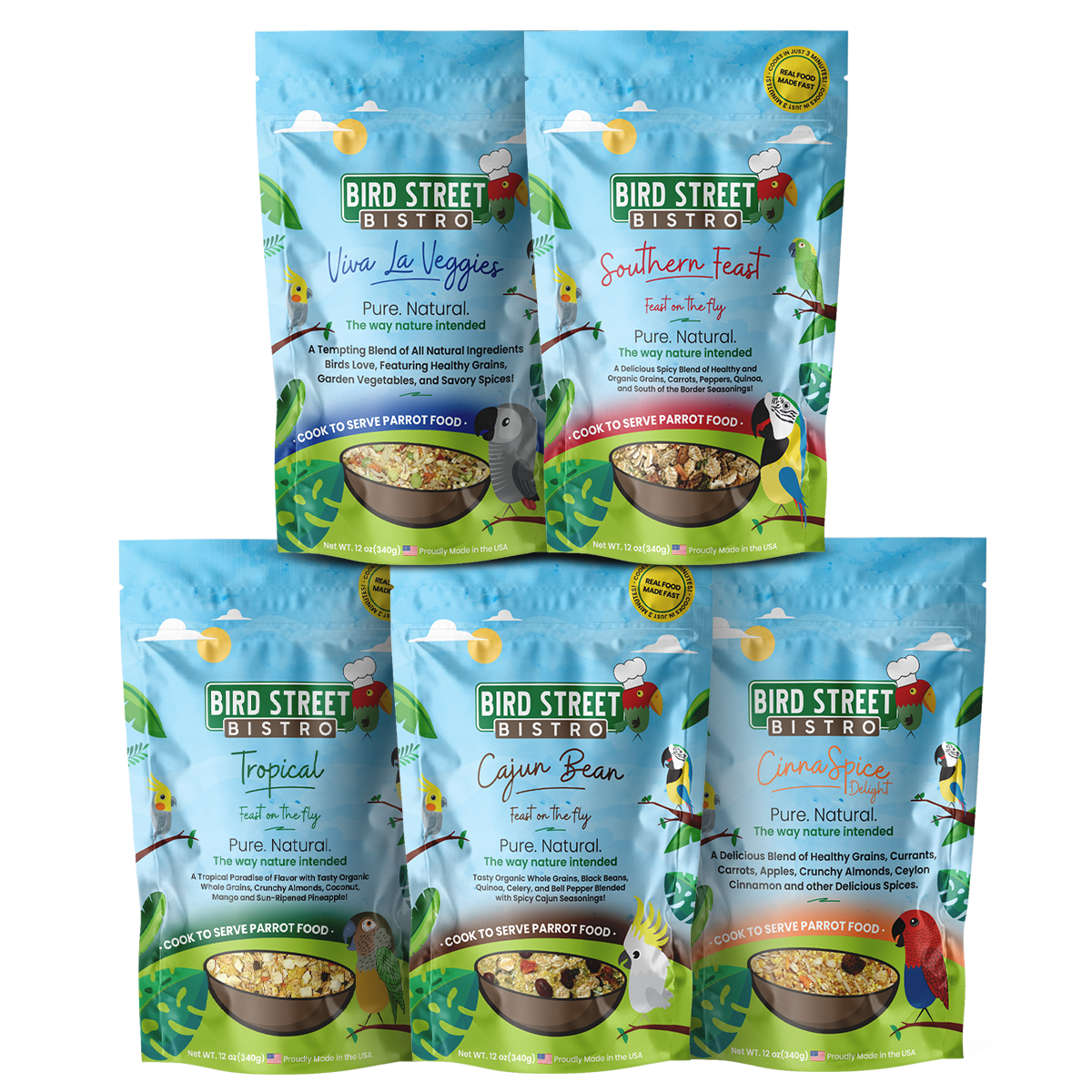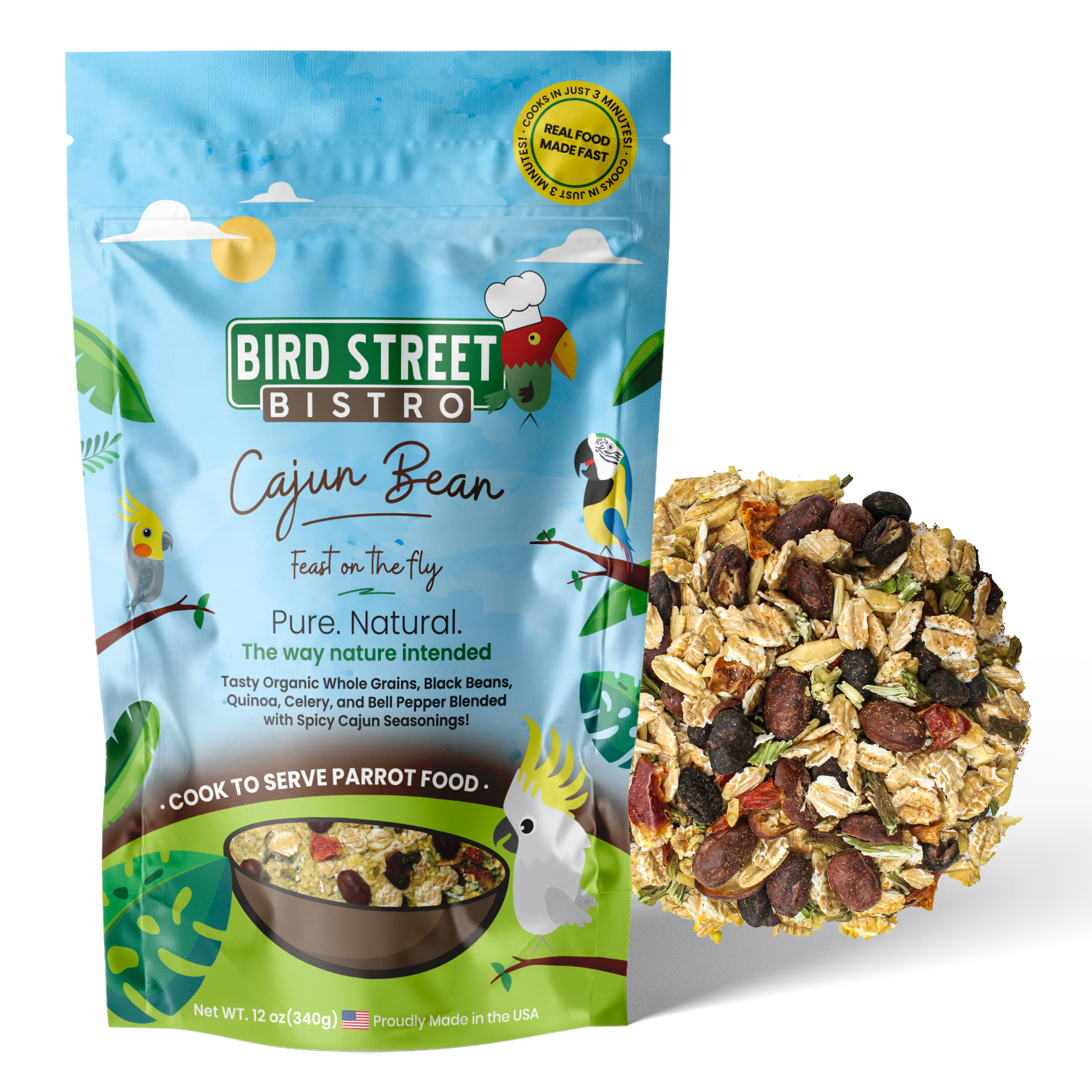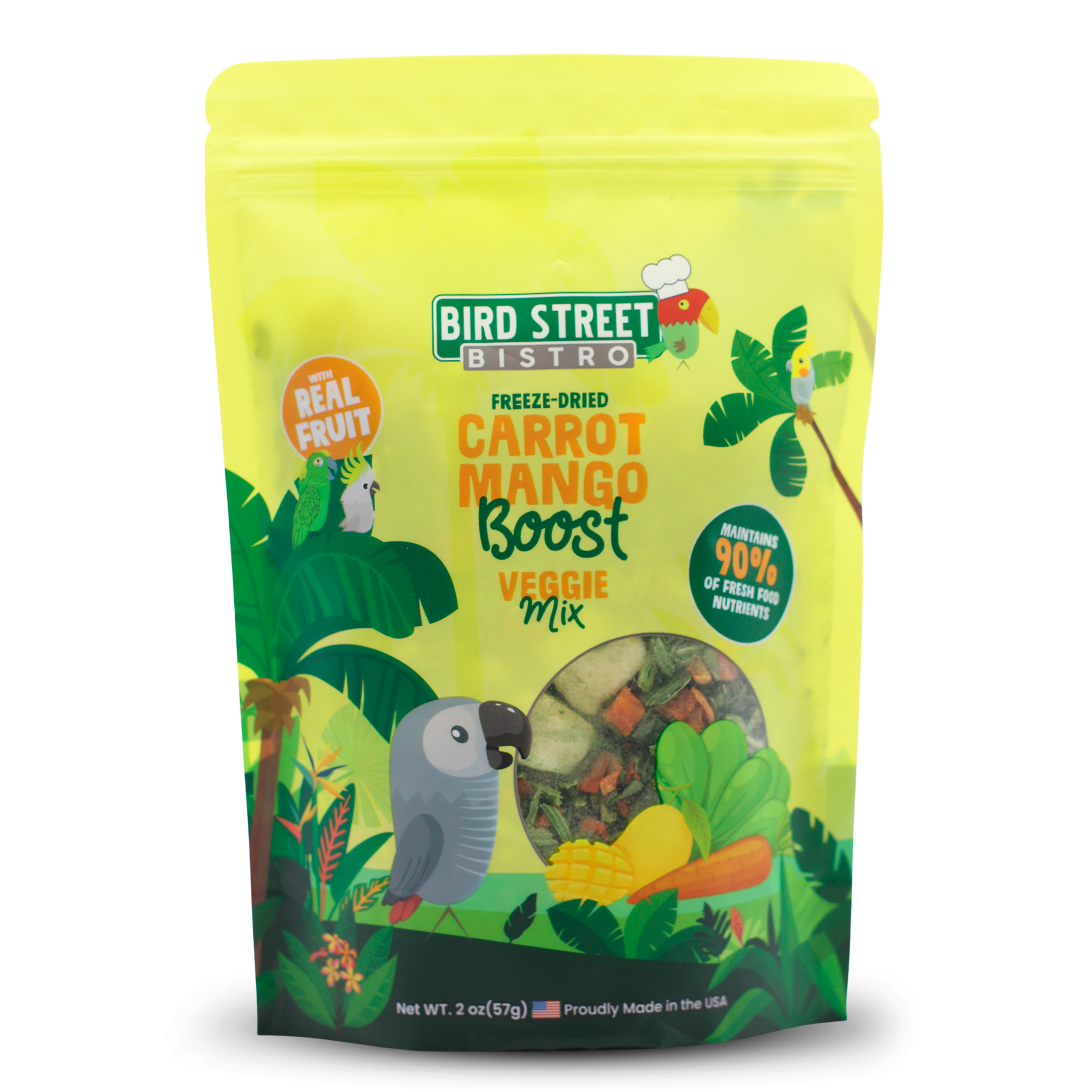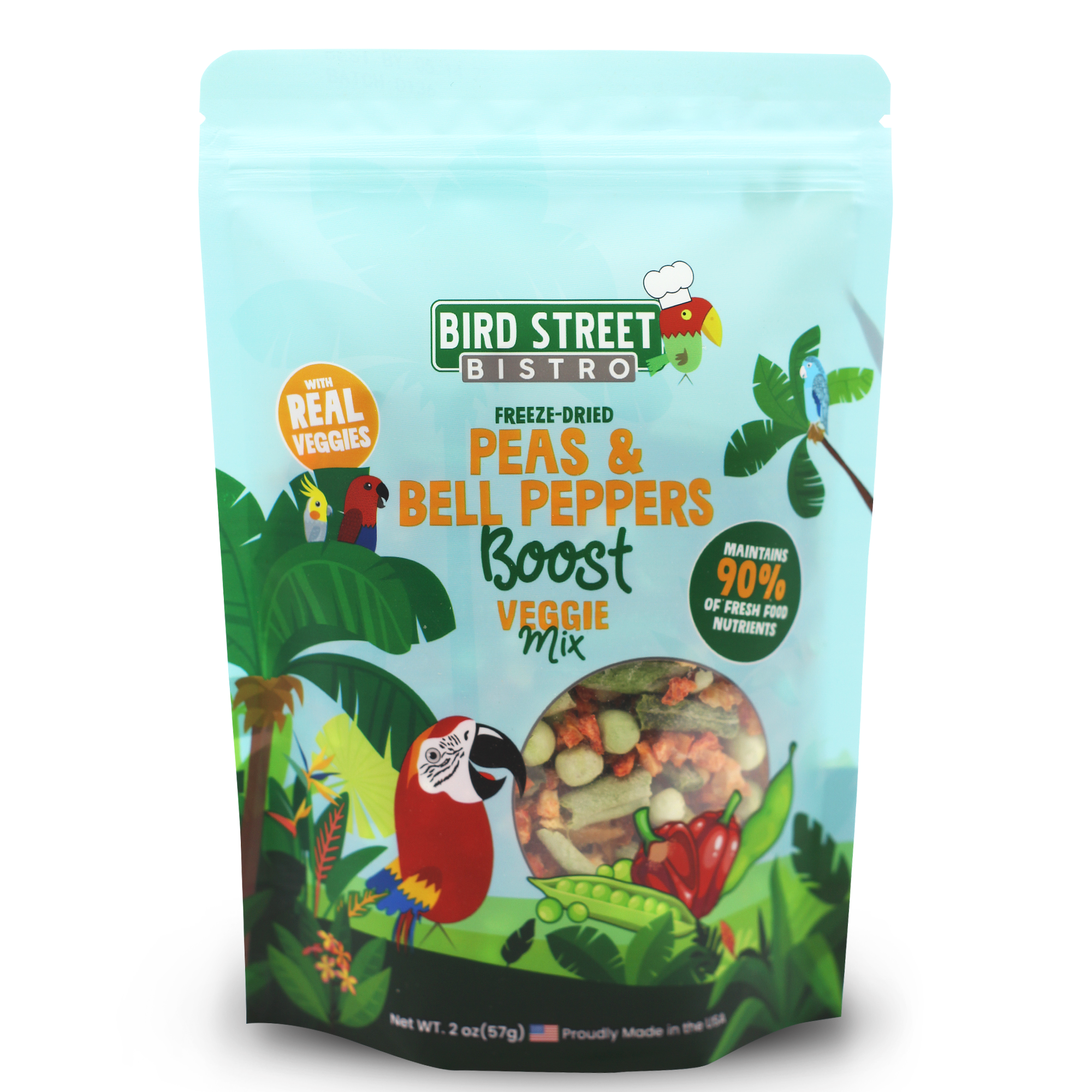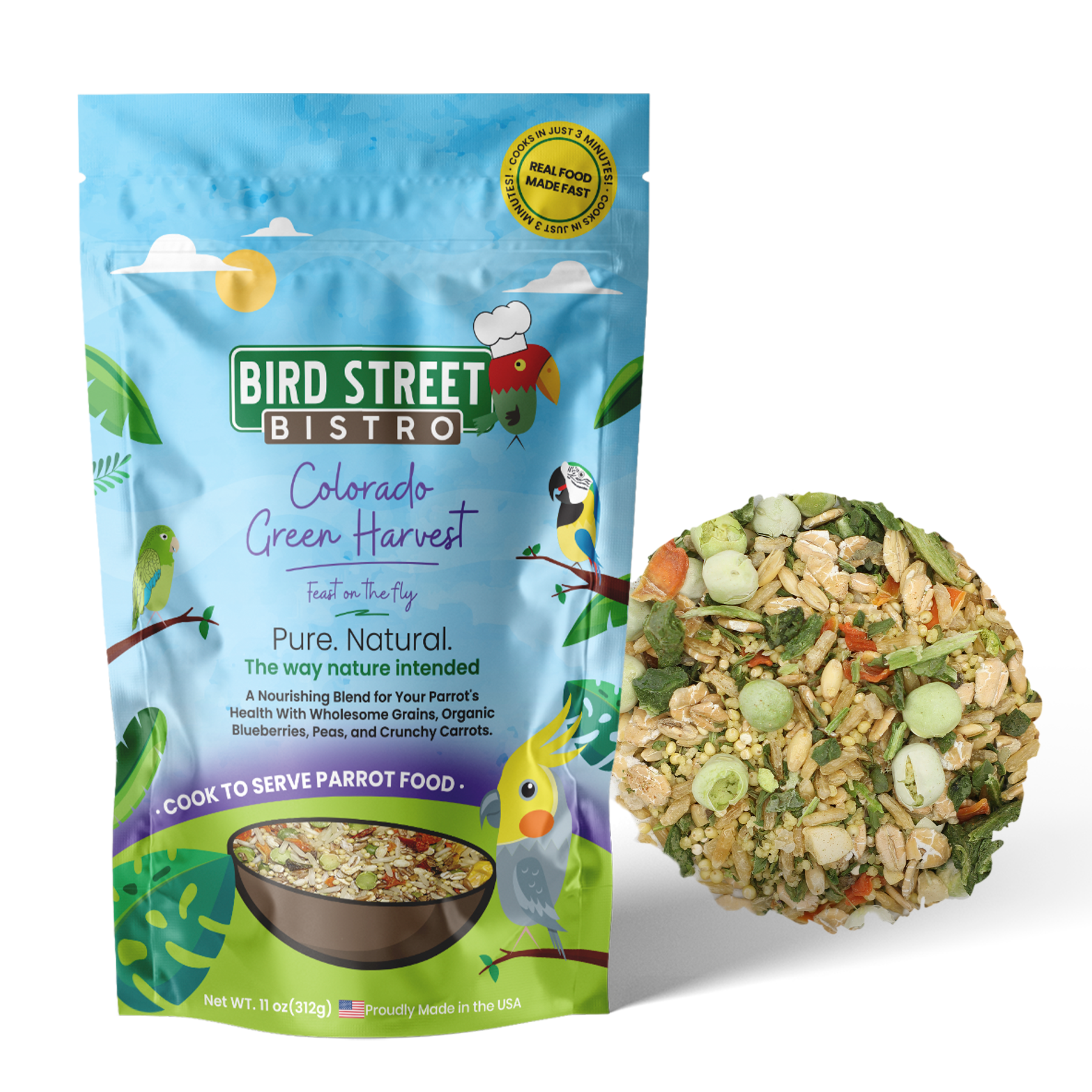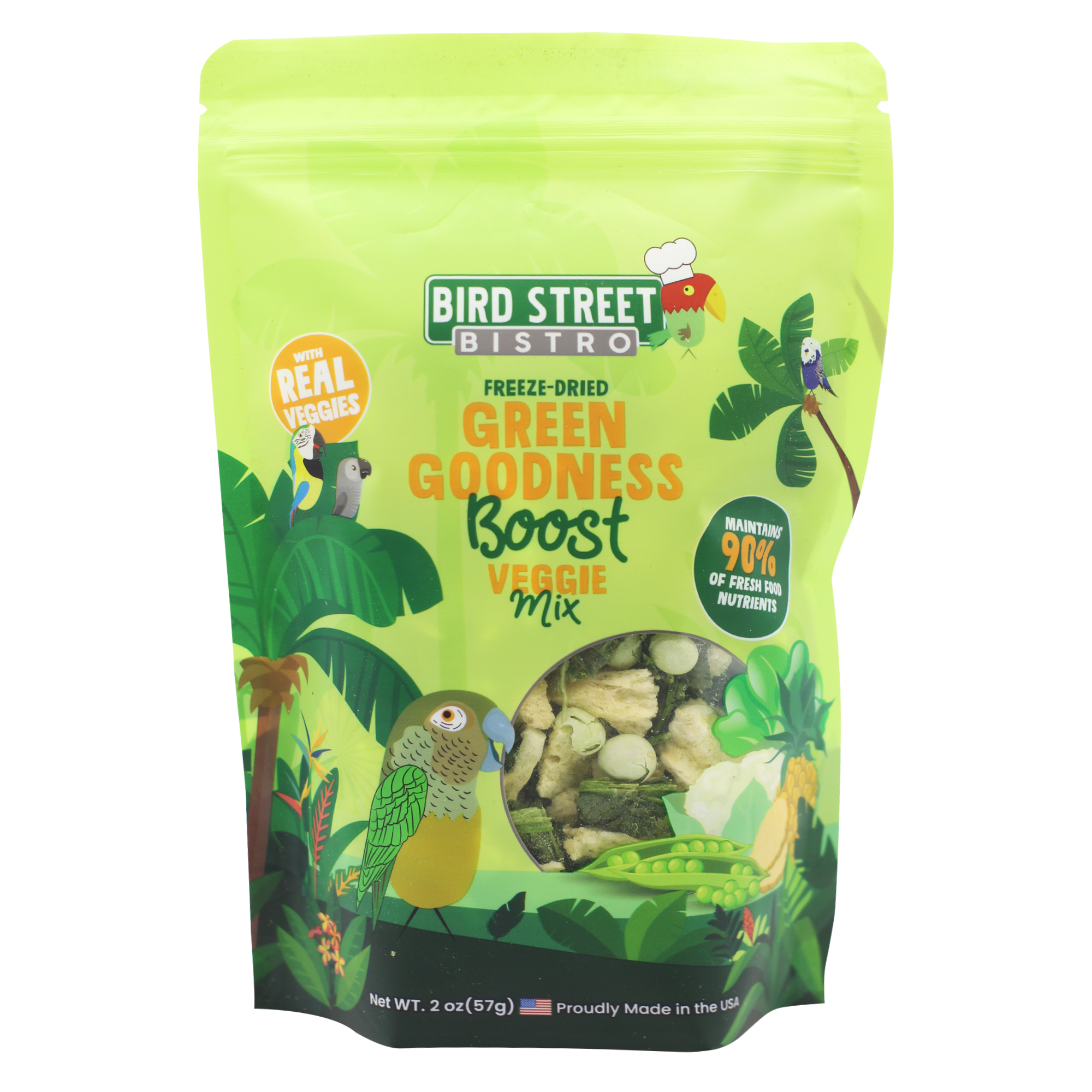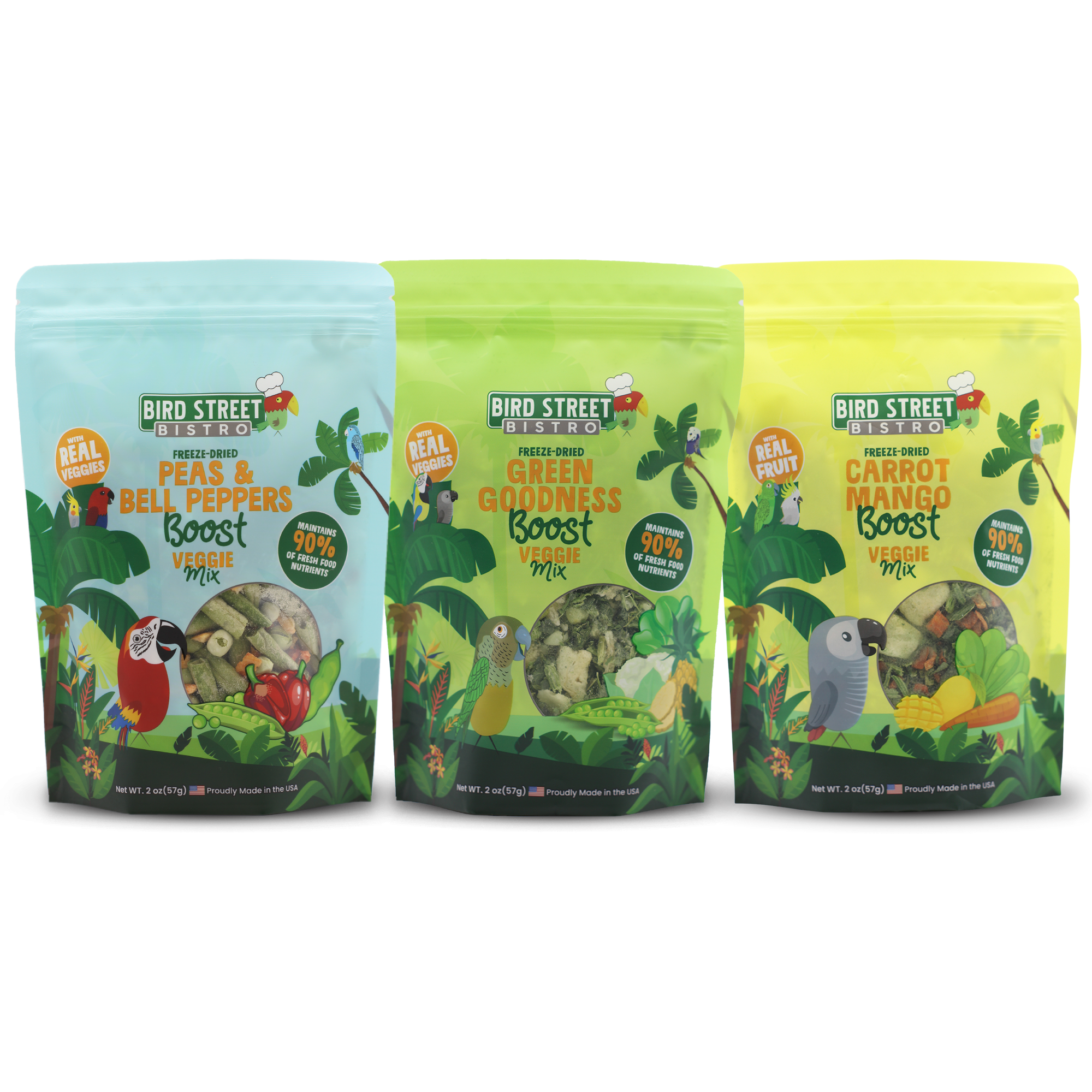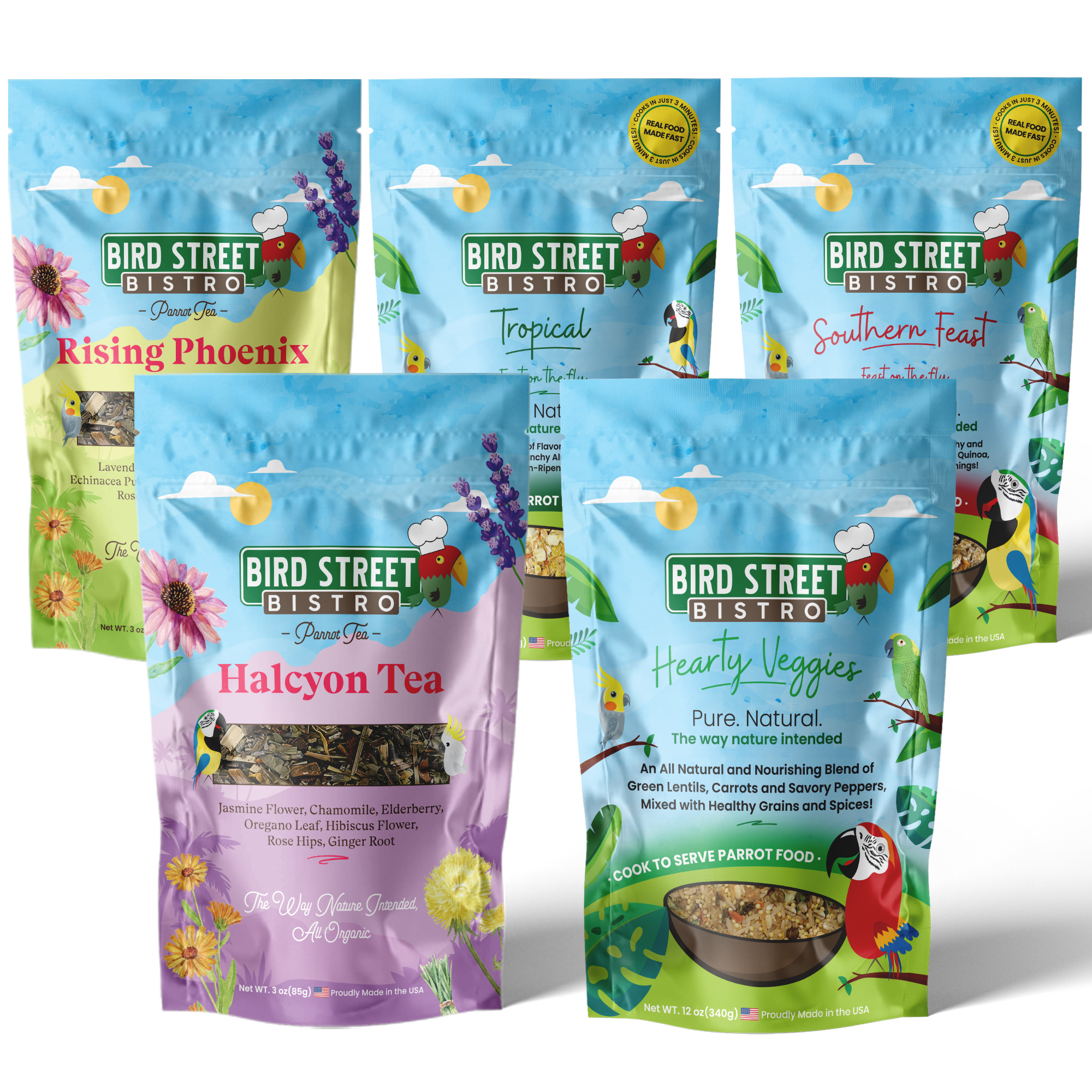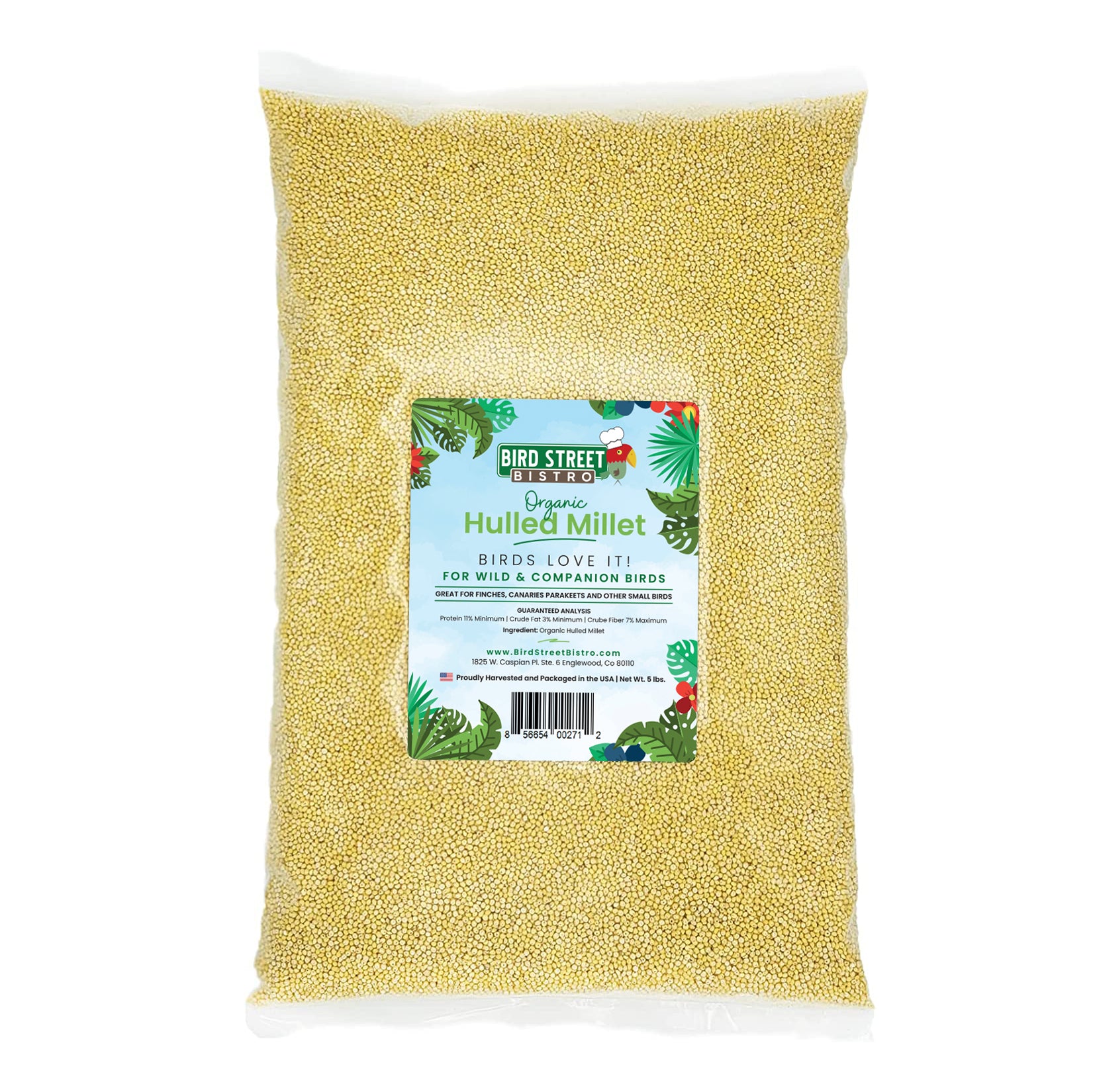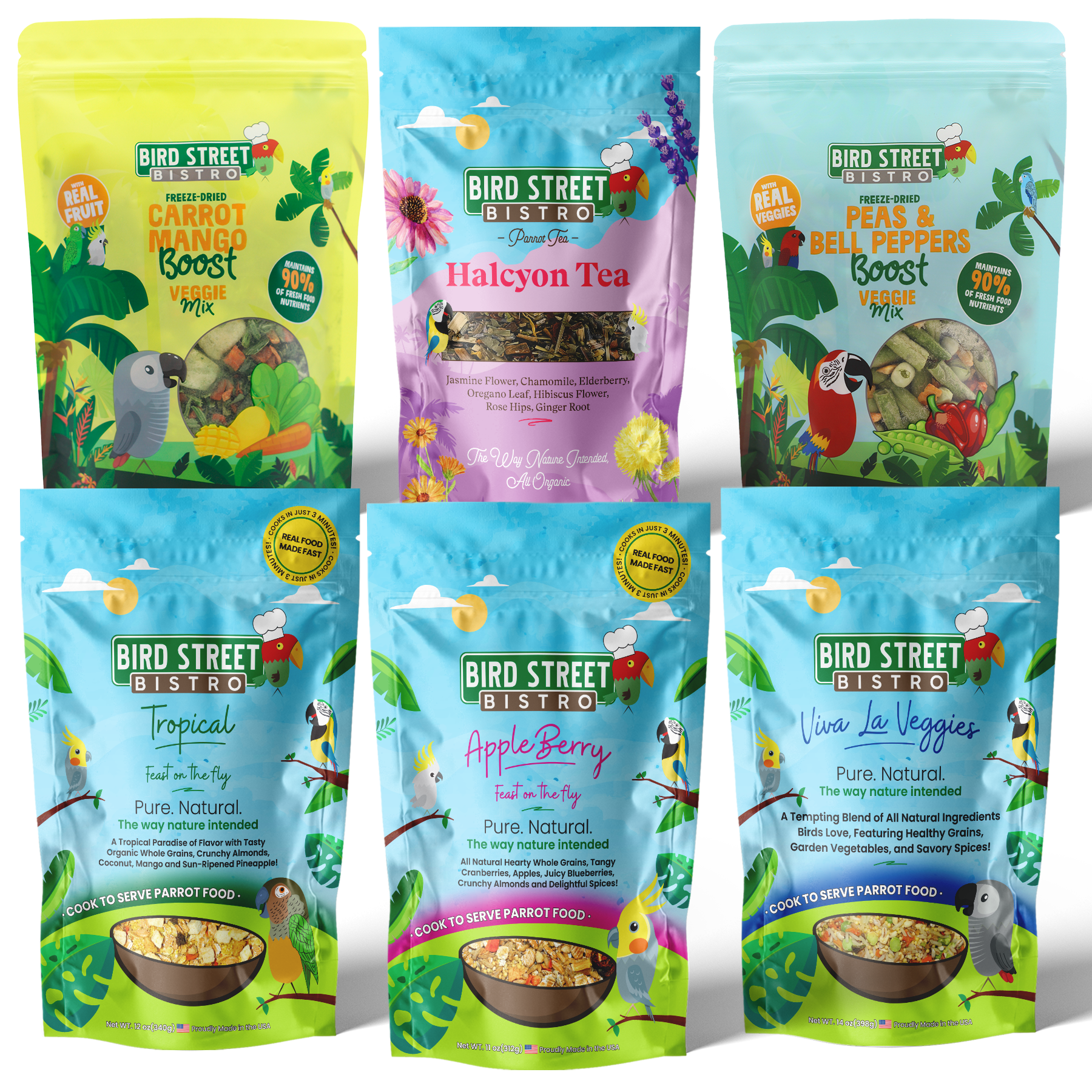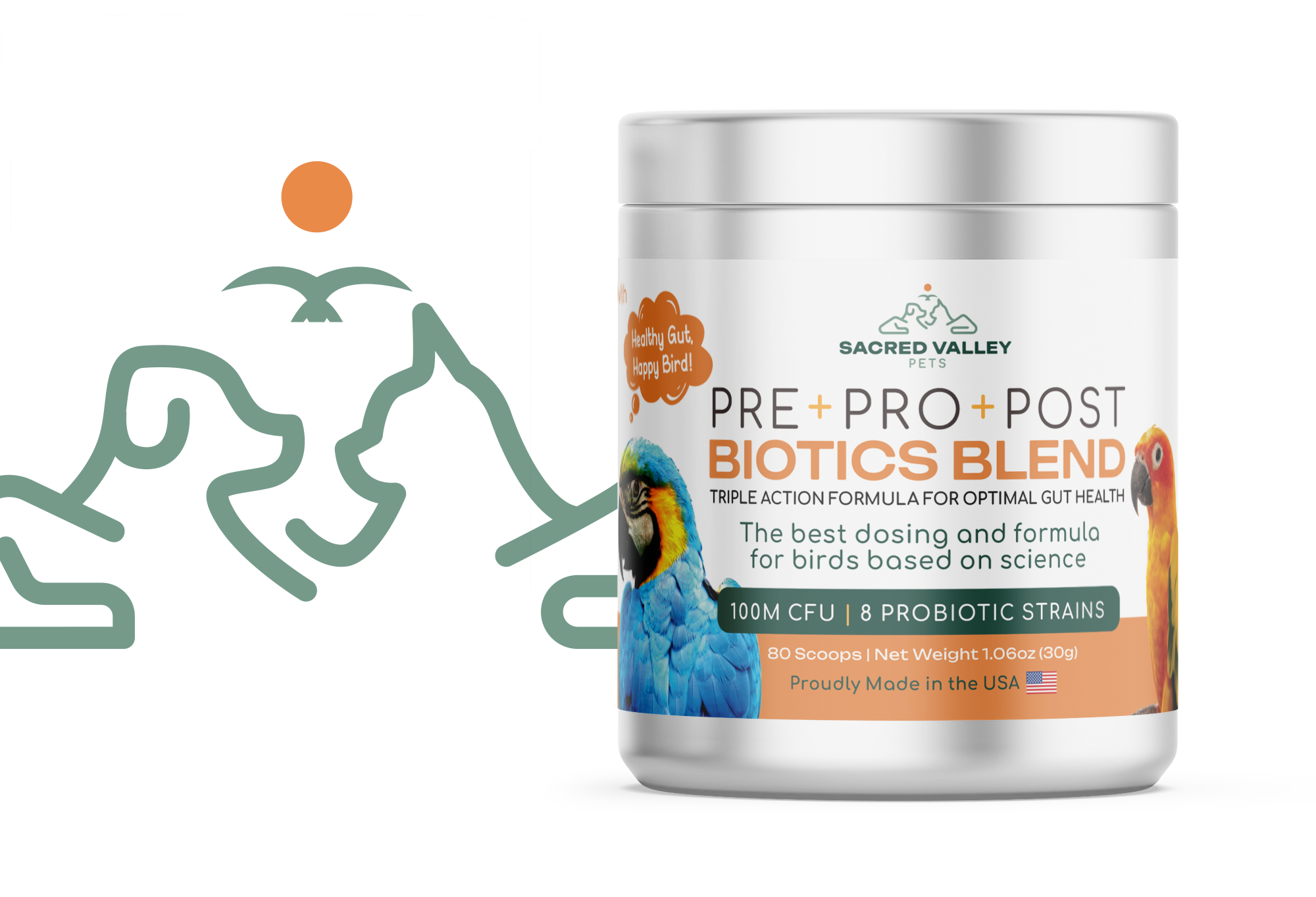African Grey Food You Can Trust
[vc_row][vc_column][vc_video link="https://www.youtube.com/watch?v=F-E3E6GaPsM&t=2s" el_width="50" align="center"][/vc_column][/vc_row][vc_row][vc_column css=".vc_custom_1579761001633{margin-top: 60px !important;margin-bottom: 60px !important;border-top-width: 00px !important;border-bottom-width: 0px !important;}"][vc_separator][/vc_column][/vc_row][vc_row][vc_column][vc_column_text css=".vc_custom_1570311203766{margin-bottom: 25px !important;}"]

The African Grey
If you have an african grey parrot, they are very special indeed! They are known for their intelligence, warmth, kindness to their owners, and their imitation of alarm noises, water drips, and other miscellaneous and pretty funny sounds.
What should I know about what my african grey eats?
A large part of african grey health is what they eat, simply enough, yet this is one of the things many pet owners are not proactive in enough. Food impacts your bird’s health in various ways. African greys that are kept in domestic settings many times are given seeds and only seeds, but this is not the best for them. Wild greys expend much more energy than their domestic counterparts. This is something that must be kept in mind when we provide food for our friends because African greys can and do develop heart disease if only given all-seed diets.What exactly does my african grey naturally eat?
In the african tropics grey parrots eat what their environment provides. They make use of vegetation, seeds, fruits, nuts, and insects, as well as berries. They form flocks and go into smaller groups to feed.The problem with an all-pellet diet
As an easy fix many african grey owners encounter and are enticed by an all-pellet diet. The all-seed being one of the two evils to many when creating recommendations, the lesser evil is the all-pellet diet. But neither has to damage the well-being of our african greys! According to Pamela Clark, CPBC, CVT:“Many avian veterinarians believe that parrot owners should be encouraged to feed a 100% manufactured diet to their birds because the majority of owners are not capable of providing a good diet otherwise. I never fail to feed saddened when I encounter this ideology, for it essentially removes the benefit and privilege of choice from the parrot owner. In other words, the owner is encouraged to feed a pelleted diet, not because of strong conviction that the diet is optimal, but because it is perceived as the lesser of two evils.” Pamela Clark, CPBC. CVT.This view comes from manufacturers with a somewhat understandable view of the average consumer and of our chaotic schedules. Nearly 60% of domestic bird autopsies show malnutrition signs and only 12% of bird owners take their birds to the vet. Whether african grey pellet food contributes to this, we cannot speculate. African grey pellet food is an easy fix for many people because it can keep some parts of nutrition going, but not fully.
What do I feed my african grey?
Someone who owns an african grey should definitely feed the full spectrum of carbohydrates, proteins, fats, spices, and other nutrients like vitamins and minerals. What has been learned about our dear african greys dates back to science and research that is still comparatively young. Out of ignorance parrots were first fed an all seed diet and thought that as optimal. After the harm from an all seed diet became apparent, we over compensated by introducing super charged pellets. Now the results of a pellet only diet are starting to come to light. The best approach is to step back and think, “what would we do with our own diets, based on the amount or exercise we get and what we naturally eat thanks to mother nature”. Taking a holistic approach for our parrots’ diet is better suited to provide our avian friends with the best life possible. It may be a daunting task at first, but that’s why Bird Street Bistro takes a different approach to parrot food. Bird Street Bistro goes back to the basics, going back to what mother nature has provided us. Pure. Simple. All-natural parrot food. Always remember to consult your avian veterinarian to determine your bird’s individual dietary needs. For more information on african greys visit our African Grey Handbook and leave us a comment or share with a parront![/vc_column_text][/vc_column][/vc_row][vc_row][vc_column][vc_separator css=".vc_custom_1570050639588{margin-bottom: 25px !important;}"][/vc_column][/vc_row][vc_row][vc_column][ultimate_heading main_heading="Bird Parronts Love Bird Street Bistro" spacer="line_with_icon" spacer_position="bottom" line_height="2" line_color="#e97d1f" icon="fas fa-leaf" icon_size="16" icon_color="#e97d1f" main_heading_style="font-weight:bold;" main_heading_font_size="desktop:34px;mobile:28px;" main_heading_line_height="desktop:44px;mobile:38px;" main_heading_margin="margin-bottom:5px;" line_width="120" spacer_margin="margin-bottom:70px;"][/ultimate_heading][/vc_column][/vc_row][vc_row][vc_column][dt_testimonials_carousel order="asc" orderby="modified" content_layout="layout_1" content_alignment="center" img_max_width="80px" img_border_radius="500px" post_title_bottom_margin="0px" content_bottom_margin="0px" arrow_bg_width="36x" arrow_border_width="0px" r_arrow_icon_paddings="0px 0px 0px 0px" r_arrow_v_offset="0px" l_arrow_icon_paddings="0px 0px 0px 0px" l_arrow_v_offset="0px" category="" css_dt_testimonials_carousel=".vc_custom_1570051576698{margin-bottom: 60px !important;}"][/vc_column][/vc_row][vc_row][vc_column][ultimate_heading main_heading="Birds Love Bird Street Bistro" spacer="line_with_icon" spacer_position="bottom" line_height="2" line_color="#e97d1f" icon="fas fa-leaf" icon_size="16" icon_color="#e97d1f" main_heading_style="font-weight:bold;" main_heading_font_size="desktop:34px;mobile:28px;" main_heading_line_height="desktop:44px;mobile:38px;" main_heading_margin="margin-bottom:5px;" line_width="120" spacer_margin="margin-bottom:70px;"][/ultimate_heading][/vc_column][/vc_row][vc_row][vc_column][products orderby="title" order="ASC" ids="10644, 11080, 10472"][/vc_column][/vc_row][vc_row][vc_column][dt_default_button link="url:https%3A%2F%2Fwww.birdstreetbistro.com%2Fonthemenu%2F|title:On%20The%20Menu||" smooth_scroll="y" size="custom" button_alignment="btn_center" animation="shake" el_class="GO TO STORE BUTTON" font_size="18" icon_size="25px" button_padding="17px 24px 16px 24px" border_radius="0px" icon_type="picker" icon_picker="icomoon-the7-font-the7-cart-11" icon_align="right" css=".vc_custom_1571599897767{margin-right: 10px !important;margin-bottom: 10px !important;}"]GO TO THE BIRD STREET BISTRO STORE![/dt_default_button][/vc_column][/vc_row]-
AppleBerry- Feast on the Fly
![]()
- Regular price
- from $15.50
- Sale price
- from $15.50
- Regular price
-
- Unit price
- per
-
Parrot Food Variety Pack
![]()
- Regular price
- $79.99
- Sale price
- $79.99
- Regular price
-
$107.93
Sold out
- Unit price
- per
-
-
Hearty Veggies
![]()
- Regular price
- from $15.50
- Sale price
- from $15.50
- Regular price
-
- Unit price
- per
-
Tropical - Feast on the Fly
![]()
- Regular price
- from $15.50
- Sale price
- from $15.50
- Regular price
-
- Unit price
- per
-
Viva La Veggies
![]()
- Regular price
- from $15.50
- Sale price
- from $15.50
- Regular price
-
- Unit price
- per
-
Southern Feast
![]()
- Regular price
- from $15.50
- Sale price
- from $15.50
- Regular price
-
- Unit price
- per
-
Bean Bistro Feast on the Fly
![]()
- Regular price
- from $15.50
- Sale price
- from $15.50
- Regular price
-
- Unit price
- per
-
Cinnaspice Delight
![]()
- Regular price
- from $15.50
- Sale price
- from $15.50
- Regular price
-
- Unit price
- per
-
Parrot Food Sample Pack
![]()
- Regular price
- $59.99
- Sale price
- $59.99
- Regular price
-
$74.95
Sold out
- Unit price
- per
-
Cajun Bean - Feast on the Fly
![]()
- Regular price
- from $15.50
- Sale price
- from $15.50
- Regular price
-
- Unit price
- per
-
Carrot Mango Boost - Parrot Veggies Mix
![]()
- Regular price
- $14.50
- Sale price
- $14.50
- Regular price
-
- Unit price
- per
-
Peas & Bell Peppers Boost - Parrot Veggies Mix
![]()
- Regular price
- $14.50
- Sale price
- $14.50
- Regular price
-
- Unit price
- per
-
Colorado Green Harvest- Feast on The Fly
![]()
- Regular price
- from $15.50
- Sale price
- from $15.50
- Regular price
-
- Unit price
- per
-
Green Goodness Boost - Parrot Veggies Mix
![]()
- Regular price
- $14.50
- Sale price
- $14.50
- Regular price
-
- Unit price
- per
-
Freeze-Dried Tripack
![]()
- Regular price
- $39.99
- Sale price
- $39.99
- Regular price
-
$41.97
Sold out
- Unit price
- per
-
Parrot Food & Tea Starter Pack
![]()
- Regular price
- $57.77
- Sale price
- $57.77
- Regular price
-
$60.95
Sold out
- Unit price
- per
-
Organic Hulled Millet - 5 lbs.
![]()
- Regular price
- $25.99
- Sale price
- $25.99
- Regular price
-
$27.99
Sold out
- Unit price
- per
-
Parrot Food Super-Pack
![]()
- Regular price
- $69.97
- Sale price
- $69.97
- Regular price
-
$87.94
Sold out
- Unit price
- per
-
Organic Pre+Pro+Post Biotics Blend for Parrots - 1.06oz
![]()
- Regular price
- $29.99
- Sale price
- $29.99
- Regular price
-
- Unit price
- per
- Choosing a selection results in a full page refresh.
- Press the space key then arrow keys to make a selection.
